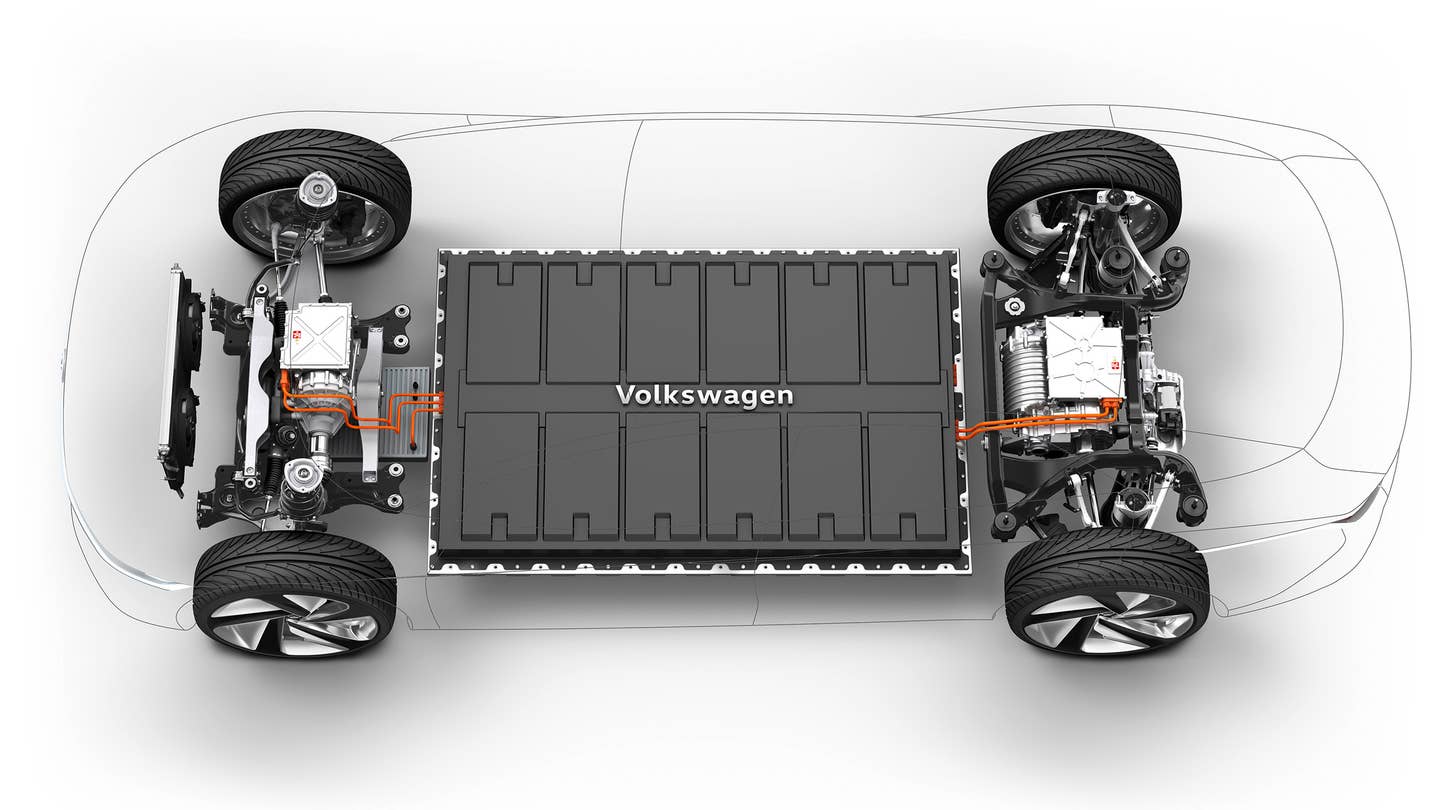Turkey’s Newfound Cache of Rare Earths Could Supply the World’s EVs and More
A new rare earth deposit in Turkey rivals the size of China’s, and could supply the entire world for decades.

Turkey announced last week it discovered a massive rare earth reserve almost as big as the world's largest in China. The find is reportedly so large that it could on its own satisfy global demand for decades.
According to the Turkish Ministry of Energy and Natural Resources, the country found a supply of 694 million metric tons (765 million short tons) of rare earth minerals in Beylikova, Eskişehir. That reportedly makes Turkey's rare earths reserve the world's second-largest behind China, which has 800 million tons according to AA Energy. Deposits reportedly include 10 of the 17 rare earth elements and are close to the surface, which would simplify extraction.
Fatih Dönmez, the country's Minister for Energy and Natural Resources said the construction of processing infrastructure will begin later this year after R&D concludes. When the mining and refinement industries are up and running, Turkey anticipates it'll have the capability to process 570,000 metric tons of rare earths annually. That's nearly double the 315,000 metric tons that The Conversation reports will be demanded globally in 2030.
While the exact materials found in Turkey are unclear, more than one-third of rare earths have current or potential applications in the automotive world, especially in electrified vehicles. Their questionable long-term supply, however, has compelled BMW and others to leave rare-earth minerals out of their current EVs. But a more stable, less China-dependent supply may make their use more palatable.
Cerium has long been used in catalytic converters, but a long list of rare earths is rapidly growing in demand as the auto industry electrifies. Dysprosium, neodymium, and samarium are useful in permanent-magnet DC motors used in some EVs, while gadolinium has potential in both motors and batteries. While lithium-ion batteries are currently the automotive industry's gold standard, lanthanum and yttrium have their uses in alternative battery chemistries.
Got a tip or question for the author? You can reach them here: james@thedrive.com
